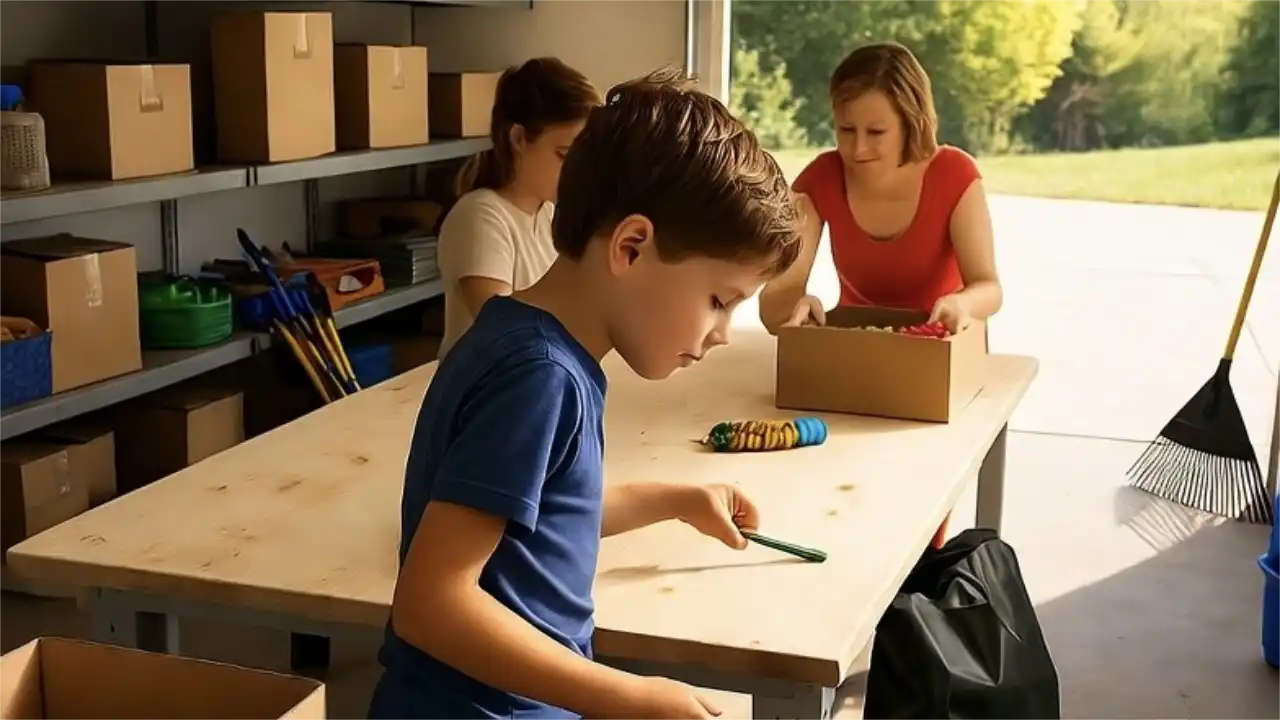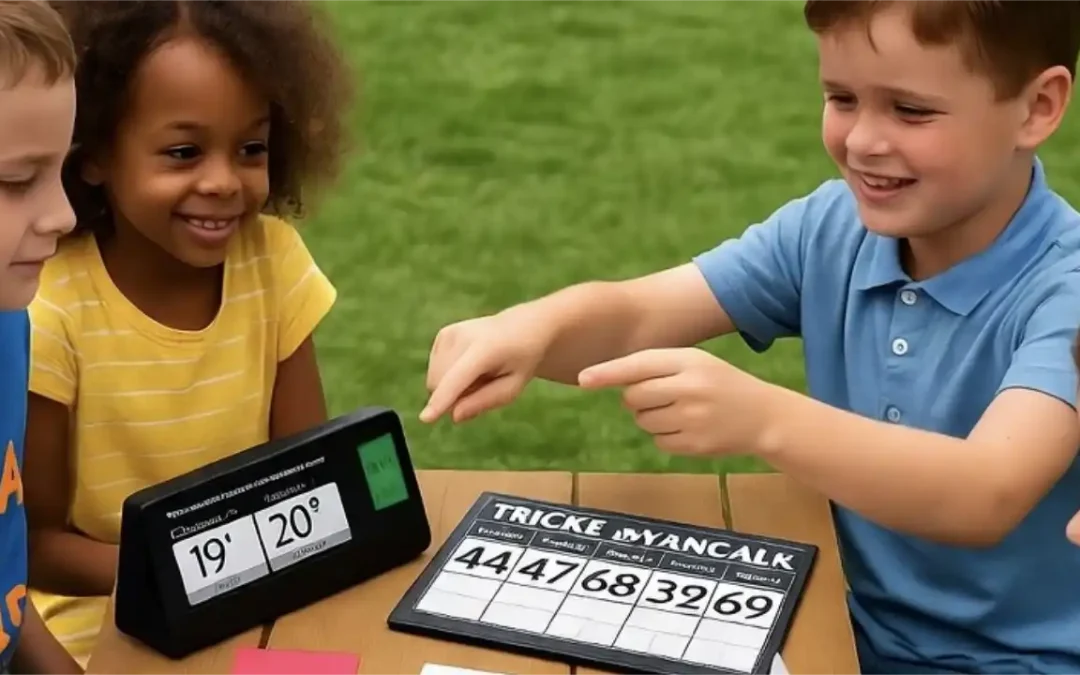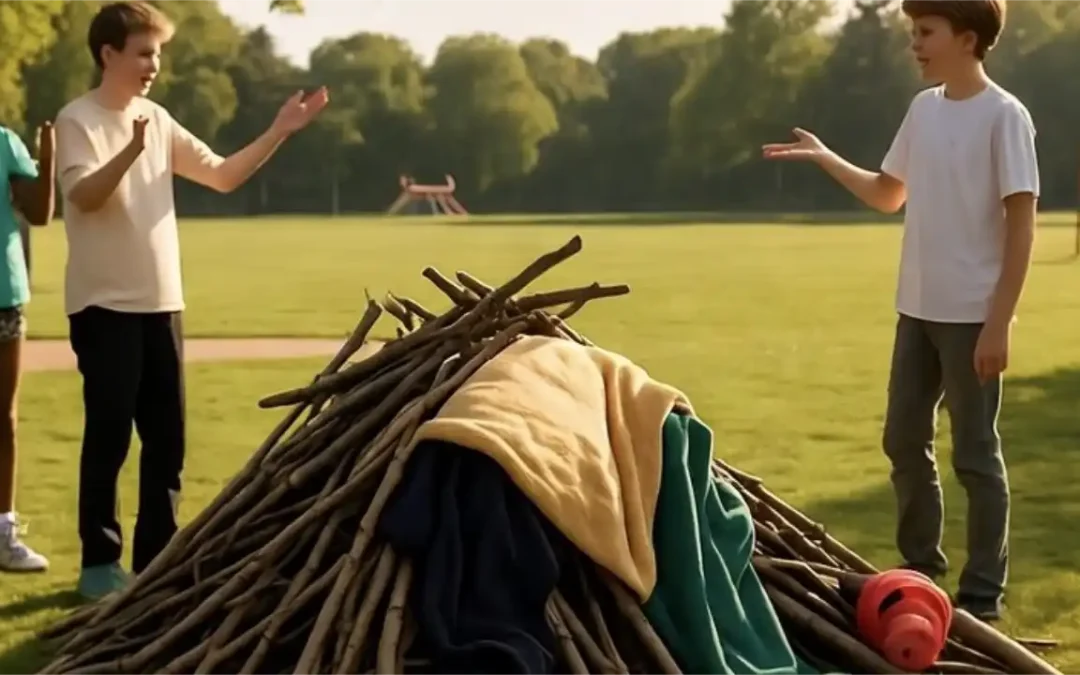
Modeling Collaborative Behavior: Work as a Family Crew
C
hores can feel like drudgery—or they can become rehearsal spaces for cooperation. When families tackle a task together, from sorting a garage to planting a garden, children witness firsthand how roles, timing, and mutual support shape success. The question, “How can we divide this up?” turns routine work into a small team project, building coordination they’ll carry into school groups and service roles.
One weekend, our garage was in disarray—tools everywhere, no clear plan. I asked my son, “What’s a good way to tackle this together?” He proposed zones: one person sorting, another stacking, a third handling donations. The task moved faster, but more importantly, he felt ownership. Later, he led a garden planting at school, dividing tasks and reporting progress at a community meeting. That early garage plan was his first blueprint for leadership grounded in cooperation.
Choose one family task a week to approach as a shared mission. Invite your child to help assign roles or map out a process. Keep a teamwork notebook with sketches or chore breakdowns. Over time, these efforts will teach more than how to clean or plant—they’ll foster a mindset that sees group work as natural, effective, and rewarding.
Modeling Collaborative Behavior

Modeling Collaborative Behavior: Lead Games with Confidence
Let your child lead games to develop communication, decision-making, and leadership confidence in a low-pressure, playful environment.

Modeling Collaborative Behavior: Navigate Conflict in Teamwork
Conflict is natural in teamwork. Guide children to resolve disagreements with empathy, clarity, and patience to build emotional intelligence.

Modeling Collaborative Behavior: Share Stories of Team Wins
Celebrating shared wins reinforces connection and meaning. Tell stories of team successes to inspire confidence and collaboration.
Table of contents

Primordial Soup for the Mind: Navigation
Navigate the book Primordial Soup for the Mind.
TIPS
- Ask “What’s our plan?” to start coordinating.
- Praise their teamwork to value their effort.
- Keep a journal for their duties.
- Suggest weekly chore sessions.
ACTIVITIES
- Garage Sort: Organize a space, ask, “How can we organize this?” Work for 15 minutes.
- Garden Plant: Plan a garden, discuss duties, 20 minutes.
EXAMPLE
My daughter led a pantry sort, saying, “We got it done!” Her chores started a planning hobby.

Download “Primordial Soup for the Mind: A Parent’s Guide to Nurturing Intellectual Growth”
Enter your information to get this article and hundreds more as part of the FREE book Primordial Soup for the Mind.
Share your thoughts with the Thought Academy community in the Comments section below.

Sharpen those skills!
Enter your information to get our FREE practice exercises so you can hone your critical thinking and reasoning skills!







0 Comments